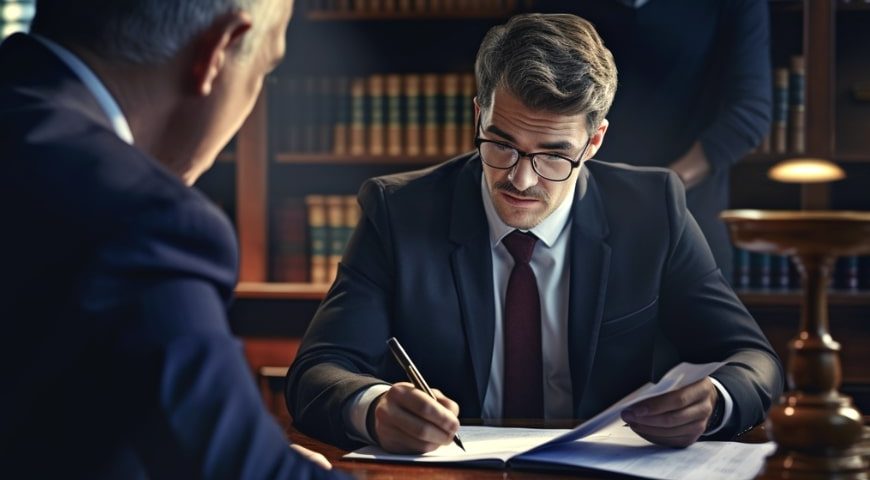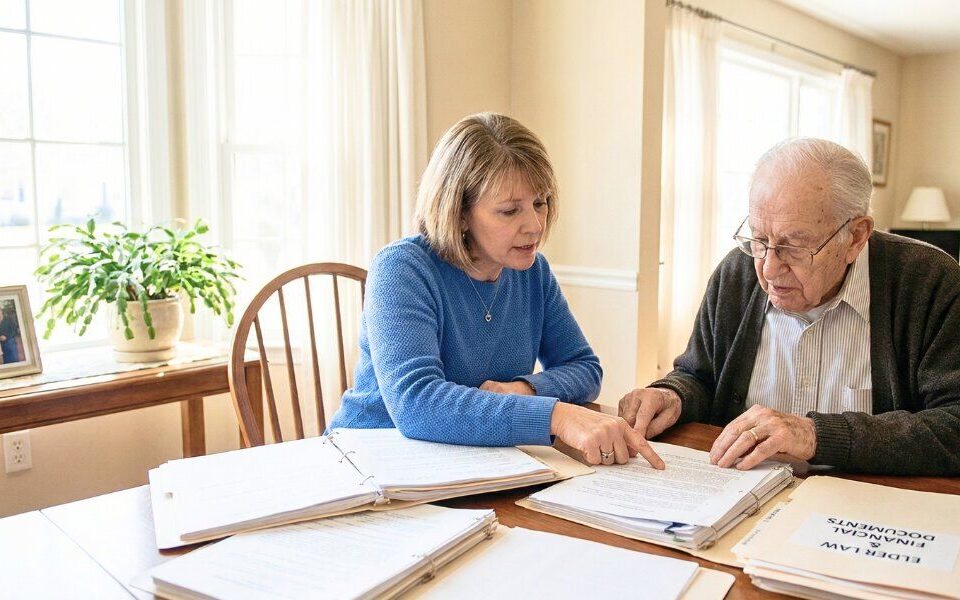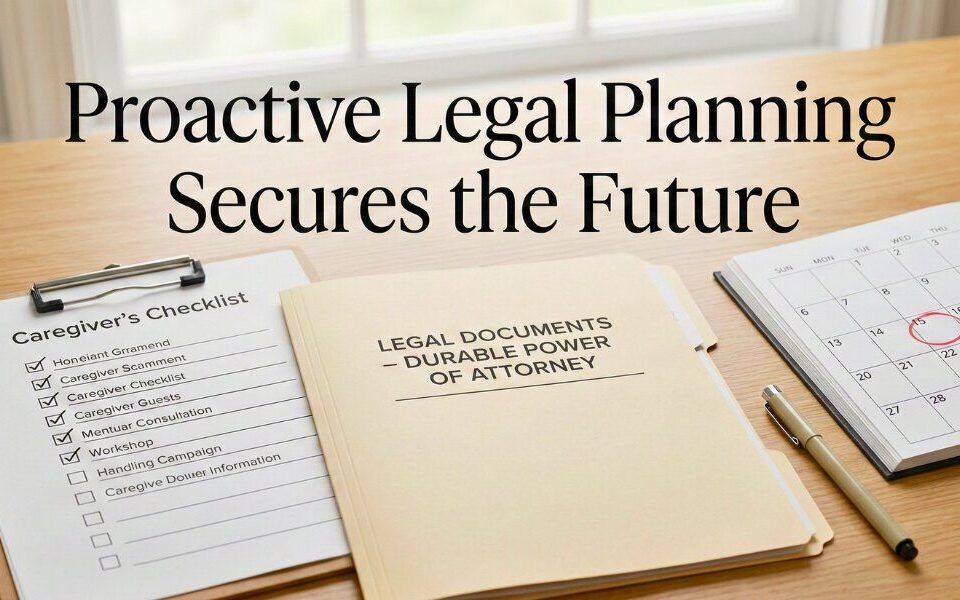With a power of attorney, you authorize another person to act on your behalf for various purposes. It can be a valuable tool for protecting the rights and finances of a senior. However, there are many important details to consider when getting a power of attorney for seniors. This post will explore the basics seniors and their families need to know about using a power of attorney.
Power of Attorney for Seniors: The Basics
Types of POA
Seniors and their families may choose different types of power of attorney. It is essential to understand the different types because they may offer varying powers. The following are the basic types of power of attorney:
- General POA: This type of POA offers the broadest powers to the agent. It may allow the agent to act on behalf of the principal in all legal matters. However, the document should include a list defining the agent’s powers.
- Limited POA: With a limited POA, the principal grants the agent powers to act for a specific purpose. Examples of Limited POAs include selling real estate or granting financial powers to pay the principal’s bills.
- Durable POA: A durable power of attorney can stay in effect in the event of the principal’s incapacity. However, the POA must specifically authorize powers during said incapacity.
- Springing POA: This type of POA goes into effect upon a contingency. For example, it might go into effect upon a ruling of incapacity of the principal. It is important to note that Florida and some other states no longer allow springing POAs.
Requirements for Power of Attorney
A power of attorney may have several requirements for them to be legal. One of the most important is that the principal is competent at the time of its execution. That means you can’t create a power of attorney once the principal is incapacitated or incompetent.
Another critical point is that the agent must be over 18 and of sound mind. Sometimes, you may also name multiple agents for the same power of attorney. However, this can open various legal questions you should discuss with an attorney.
The signing of a power of attorney is also important. Signing contracts may vary depending on the state. In Florida, the principal must sign in the presence of two witnesses who must also sign. A notary must also verify the principal’s signature for the document to be legal and enforceable.
These are the essential points seniors should know about power of attorney. However, it is a complex matter with no one-size-fits-all answers. Seniors should consult an elder law attorney to learn more about their options for creating a power of attorney.




